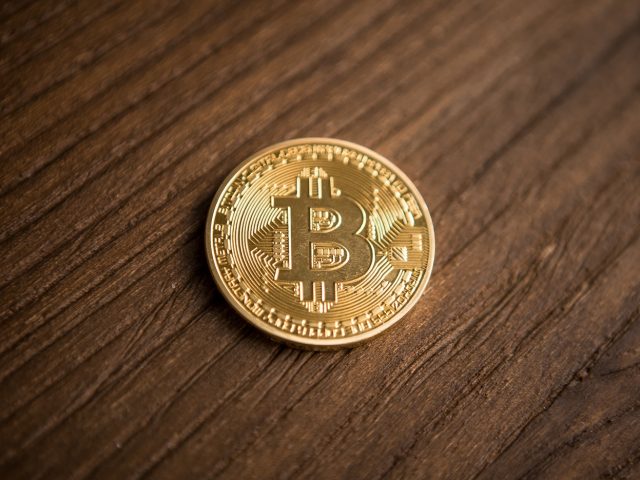


Opinion
BitZERO: A Valuation Model for Cryptocurrencies
The cryptocurrency bubble is the largest financial bubble in history. In order to build a valuation model, we will evaluate negative and positive drivers of supply and demand for cryptocurrencies to conclude whether or not current per coin/token price levels are justified.

Sweden
Land Registry in Sweden
Sweden’s land registration authority, Lantmäteriet, is well into testing a private blockchain system that will improve the function of land property management. This project was launched in July of 2016 when a technical demonstration and proof of concept was established. Phase 2 of the project was completed in March of 2017, notably incorporating operational smart contracts (also referred to as embedded contracts) to facilitate transactions.

Estonia
Electronic Health Record Security in Estonia
Estonia has long proclaimed itself as the first country to fully embrace blockchain technology, and its use of the technology in healthcare presents a compelling role model for other national authorities to consider. This is one of the thousand digital services that Estonia provides in its e-Estonia program. This is first and foremost a security solution, protecting the authenticity of electronic health records, and managing access to the records, while keeping patient data and personally identifiable information (PII) off the blockchain.

United Nations
Food Assistance for Refugees at the UN World Food Programme
The United Nation's World Food Programme (WFP) set up a pilot program in early 2017 which leverages blockchain technology to improve the process of providing food assistance to Syrian refugees in Jordan's Azraq camp. Part of WFP's “Building Blocks” program which demonstrated early success with a similar pilot in Pakistan's Sindh province, this blockchain solution substantially reduces the costs associated with delivering humanitarian aid. The initial pilot, which consisted of 10,000 people in the refugee camp, eliminates the need to carry paper money, vouchers, or e-cards. People verify their identities by using eye scanners at the point of purchase, this provides access to their unique account and seemingly enables transaction logging on the blockchain, which the WFP refers to as a private fork of the Ethereum blockchain.

United States
Public Archival and Automated UCC Filings in Delaware
In 2016, the state of Delaware formally revealed the Delaware Blockchain Initiative, by announcing a commitment to utilize blockchain technology to support government effectiveness and efficiency. The program also aims to promote the state as a progressive, low-regulation environment for virtual currency and blockchain-based businesses.

United Kingdom
Welfare Payments in the United Kingdom
The UK Department of Work and Pensions (DWP) has released an app for citizens that receive welfare payments. Welfare recipients can opt to download the app which allows them to receive and manage the money they receive. The information available on this project is very thin in detail. There is no information about the technical aspects of the implementation, we don't even know which blockchain platform is being utilized. Additionally, it's concerning that the nodes are private and managed by two of the implementing organizations – oddly, the Department of Work and Pensions “has no access to the application or the data it has, nor is the government funding any of Govcoin’s work,” said CEO of Govchain Robert Kay in an October 2016 interview.

United States
Land Titling in Cook County Illinois
This pilot blockchain implementation facilitates the transfer of ownership of real estate on the bitcoin blockchain. This solution leverages bitcoin's colored coin concept, to assign tokens that represent real world assets – in effect resulting in a “digital deed.”

Estonia
Digital Identity in Estonia
Let's quickly set the record straight, Estonia does not use blockchain for digital identity. Estonia is on the cutting edge of digital government, and its adoption of blockchain is probably one of the most advanced in the world; but, not it doesn't use blockchain for digital identity. In a great bit of investigative sleuthing, which included conversations with Estonia's CIO, Dave Birch set the record straight in an article published in March 2017.

Georgia
Land Title Registrations in Georgia
This blockchain implementation facilitates the registration of land titles and validation of property-related government transactions. When it launched, this project covered land title registrations, purchases and sales of land titles, registration of new land titles, demolition of property, mortgages and rentals, and notary services